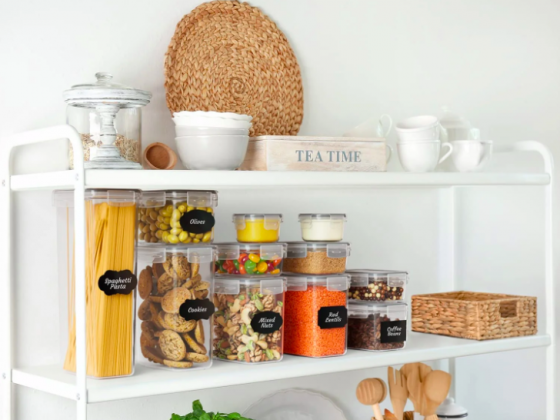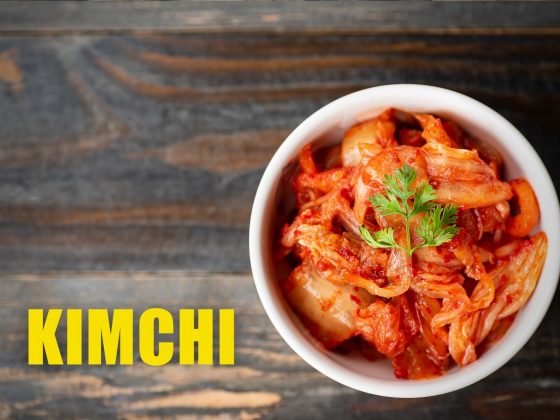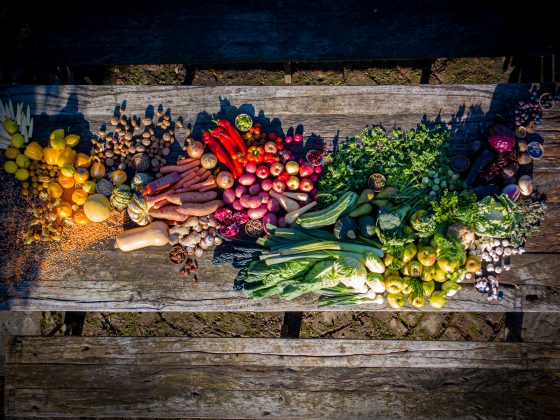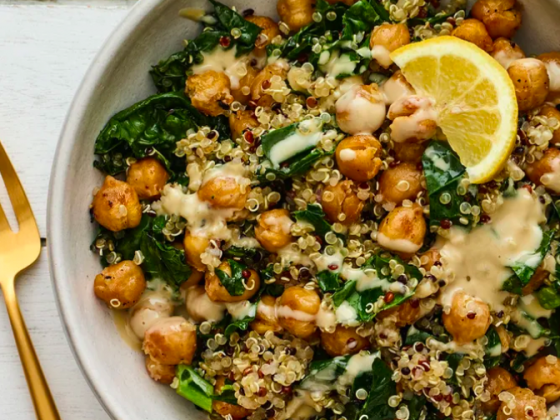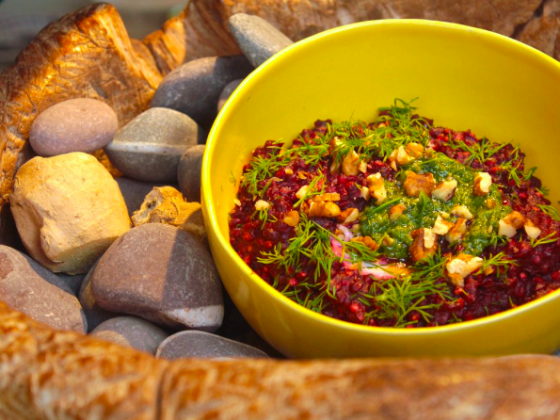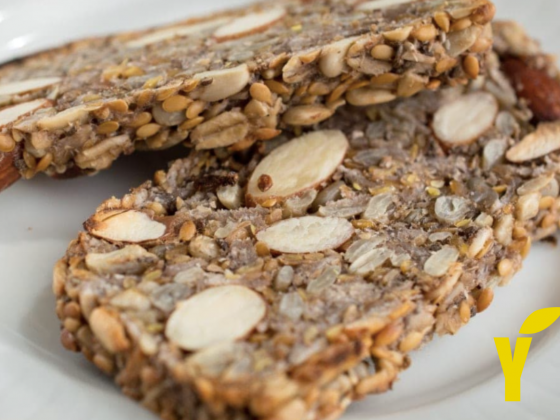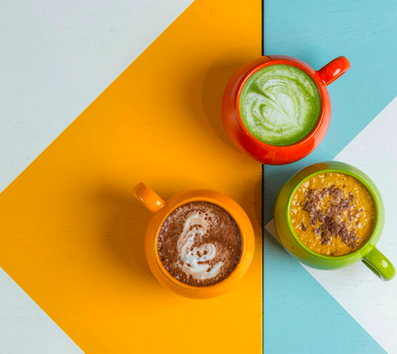
A properly functioning digestive system is key to good health. Without it, our immune system suffers because it can not absorb vitamins and nutrients needed to fight off infection and disease. Therefore, the food we eat directly effects our overall wellbeing and condition of the intestinal tract. If we pollute the body with toxins (junk food), we prevent it from performing at maximum capacity. When we nourish ourselves with organic produce and fresh fare, we proactively heal our gut, also known as the second brain, or intuition.
Because our society glorifies antibiotics, pasteurised foods and antibacterial products, our bodies are not as well-equipped to eradicate harmful bacteria as they once were. Before the invention of refrigeration, our ancestors preserved their food to prolong its shelf life through the long winter months by soaking it in its own juices in an oxygen-starved airtight container. This ancient practice, known as fermentation, produces beneficial bacteria similar to the bacteria present in our stomach and helps break down the food before it ever enters our mouth, giving our organs less work to do. Nowadays, fruits and vegetables are scrubbed clean of any potential bacteria after bathing in poisonous herbicides, a far cry from picking fruit straight off the trees and enjoying them in the mid-day sun as humans did productively for thousands of years, strengthening their immunity with bacteria. These modern day sterilization techniques not only increase our chemical consumption, but also destroy disease-fighting enzymes and life-giving organisms.
Many illnesses stem from digestive disorders, including lupus, Chrohn’s disease, fibromyalgia, chronic fatigue syndrome, stomach pain, IBS, chronic food allergies, leaky gut, diarrhea, osteoarthritis and ulcerative colitis. Healing your gut is essential to recovering from these painful and disruptive conditions. Along with an autoimmune friendly diet, eating probiotic-rich foods is one of the quickest ways to heal your gut and increase nutrient intake. The best source of probiotics is live, cultured food. Store-bought yogurts and sauerkrauts are often marketed as “healthy” snacks, but are most often pasteurized, loaded with sugar or vinegar and bereft of any nutrients. In other words, these products lack the probiotics they claim to contain. Fortunately, you can culture your own vegetables at home through an easy and inexpensive preservation process called fermentation, which converts carbohydrates to lactic acid (a natural preservative) and supports the growth of beneficial bacteria. Ingesting microflora, or healthy bacteria, stimulates the digestive juices and enzymes necessary for healthy digestion, resulting in exceptional immune function.
Along with numerous health benefits, fermentation also intensifies the flavor of food and excites the tastebuds. A little goes a long way. To ferment food at home, you’ll first need to decide what you want to culture. If you like crunchy, pungent vegetables (my personal favorite), kimchi or sauerkraut may satisfy your craving. You can eat them alone or add a tablespoon to your meal. Kefir and yogurt are two popular cultured foods that contain dairy, however, the fermentation breaks down the sugars and lactose making it ideal for consumption. Cacao, the source of rich dark chocolate, can also be fermented to break down the naturally occurring tannins, making it less bitter and much easier to digest. Kombucha is a delicious beverage rich in probiotics and is quickly gaining its well-deserved popularity. It can now be found in many grocery stores. Other fermented delicacies include miso, cheese, wine, beer, salami, pickles, coffee and tempeh. For delicious recipes ranging from Tomato Salsa to Berry Kombucha, visit Sandor Katz blog. Have fun exploring the world of fermented cuisine for a happy, healthy existence.

